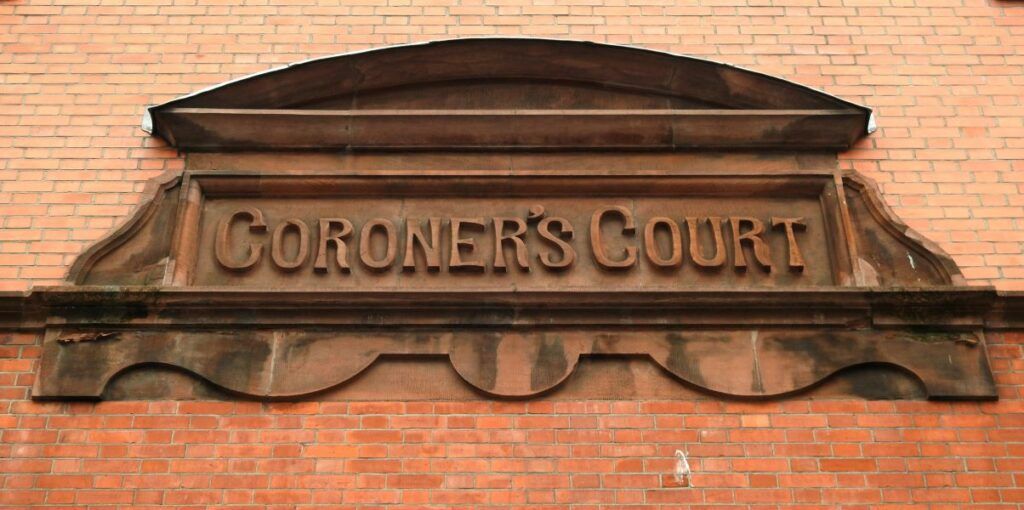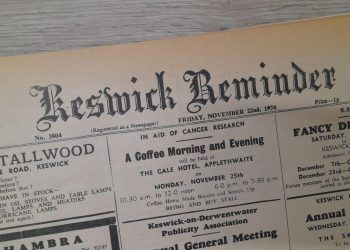
A pilot might have survived when his light aircraft plummeted into the ground seconds after taking off from a small airfield at Troutbeck, if he had fastened his shoulder harness, an inquest was told.
Software company director Christopher David Bolton, aged 44, from Nottingham, died of head and chest injuries in the crash, which occurred last year on the afternoon of Sunday, October 11, and was witnessed by his wife, who had flown into the airfield with him shortly before.
The inquest, held at Cockermouth on Thursday, heard that Mr Bolton had flown his Cessna Aerobat plane to Troutbeck, between Penrith and Keswick, from Netherthorpe airfield, in South Yorkshire, having started out from Gamston, Nottinghamshire.
His wife, Alison, was a passenger on the single propeller two-seat aircraft.
They were met at Troutbeck by a close friend, Graham Oliver, who had piloted a Maule M7 plane into the airfield shortly before.
Mr Oliver arrived first because his plane was faster, and Mr Bolton had taken a less direct route in order to show his wife the Lake District, which he loved.
According to a statement by Mrs Bolton, her husband made a “perfect” landing at Troutbeck despite the fact the grass runway was very wet.
The state of the runway was discussed with Mr Oliver and it was decided he would take Mrs Oliver back down south in his rather more powerful plane, leaving Mr Bolton to pilot the Cessna with no passenger on board to weigh it down.
Soon after he started its engine, however, the plane’s nose wheel became stuck in some mud and Mr Oliver had to come and help free it.
Possibly because he did not want to become bogged down again, Mr Bolton did not return to the end of the runway to begin his run prior to taking off, which his wife estimated he did just over half way down the grass strip.
As the plane took off it veered to the left and pulled up sharply, rather than continuing on a fairly level course to pick up speed.
It went virtually straight down into a field next to the airfield soon after leaving the ground — within about 11 seconds and from a height of 60-70ft, according to an estimate by Mr Oliver.
He and Mrs Bolton rushed to try to help her husband, who was hanging in the cockpit suspended by his lap straps. He did not appear to have fastened his shoulder harness.
However, their efforts to revive him did not succeed, nor did those of medical personnel who arrived soon after.
The inquest also heard extracts from a report by the Air Accidents Investigations Branch which revealed that Mr Bolton was a relatively inexperienced pilot, with just 69 hours of flying experience, and that the Cessna’s take-off performance from Troutbeck under conditions on the day was considered “marginal”.
It noted “shortcomings” in the preparation for the flight, including that Mr Bolton had not obtained the required permission to land at Troutbeck, which the owner would have refused for that aircraft, and the Cessna probably took off with its elevator trimmer at the same position it was after it landed — not reset to the take-off position.
Returning a verdict of accidental death, Kirsty Gomersal, area coroner for Cumbria, said the high nose attitude of the Cessna had caused it to stall and it was too near the ground for Mr Bolton to remedy this.
She added that he had probably not been wearing a shoulder harness and might have survived had he done so — although this was not certain.








